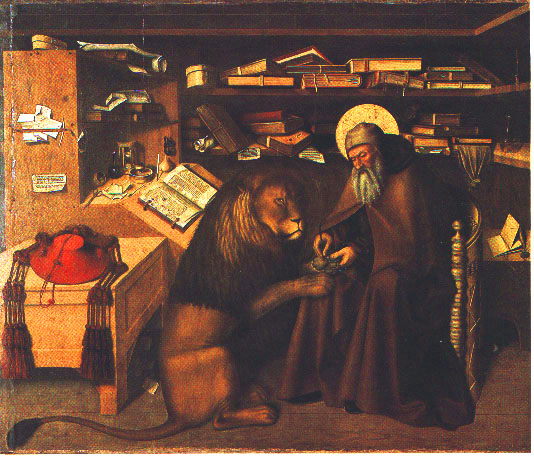Throughout the funded period of CML, canonization has been a key concept, bringing, on its own, a problem to be faced for any overall thinking about medieval European literature. This has especially been the case since CML has taken ‘literature’ in a broad sense, reflecting better the medieval conceptualization rather than just the modern focus on the vernacular, mainly poetic, and fictional works that are usually selected as the beginnings of each national literature (e.g. Beowulf, the Edda, Niebelungen, El Cid, Roland etc.). The centre has hosted many projects and case studies that have had canonization as a main focus or have touched on it more tangentially; through reading groups, workshops, informal meetings etc we have facilitated the conversation about canonization – including the pedagogical and political aspects of canons. In the second part of CML funding (2018-22), we refocused the research strand into “Canon and Library” as a result of taking a more book-historical turn. The basic question of how and why canons of literature were formed was thus narrowed down to an interest in the specific conditions of the hand-copied books and their safekeeping in, and retrieval from medieval book collections – whether this was in the Middle Ages themselves or with a focus on the pre-modern and modern conditions for the survival and selection of medieval texts. The more detailed account of our activities and results in this strand can be found in our annual reports and our bibliography, but seven main lines of research can be singled out:
- The nature of bibliography and publishing in the medieval environment of unique hand-copied books. CML hosted conferences and workshops on the modern finding of new medieval texts (2013), on publication and “copyright” practices (with Niskanen 2019, Pizzone 2021), and on chasing and accessing rare texts c. 800-1500 (2022) in a world of books with no standard references. This topic is also addressed in two publications by Mortensen, on the rise of prose (2018), and on “librarization” of new book languages (2018)
- The Greek canon in the West, c. 800-1300. Forrai’s research has highlighted the institutional frameworks for selecting Greek texts to translate into Latin (Forrai 2016, 2021).
- Self-canonization through self-commentary. The practice of literary self-commenting has been explored by Pizzone, uncovering important Arabic and Byzantine examples before Dante’s Nuova vita.
- The canon of the Roman classics in the Middle Ages. CML hosted the conference Rediscovery and Canonization - The Roman Classics in the Middle Ages in 2015 with Birger Munk Olsen (KU) and Rita Copeland (University of Pennsylvania) as two of the key speakers. The conference both capitalized on Munk Olsen’s fundamental work on the study of the Roman classics in the eleventh and twelfth centuries and went beyond this period and beyond Latin literature to include the reception of classics in late medieval Castilian, French and more. It was published in Interfaces 3 (2016). A further conference in 2017 focused on the special case of Iberia Canon Iberico – Classical and Late Antique authors in medieval Iberian literature. Salvo Garcia and Böckerman opened up new paths in the study of, respectively, the creative adaptation of Ovid in 13-century Spain and in the commentary tradition of the Metamorphoses. Mortensen surveyed the reception of the Roman classics in Saxo Grammaticus’ Gesta Danorum.
- The canonical and the non-canonical in Nordic medieval literature. This topic was surveyed in different contexts by Mortensen (also with Lehtonen 2012) and ideas of how to write Nordic medieval literary history in non-canonical ways are still being developed for various survey volumes. Hope’s PhD (2017) contributed with a comparative study of English and Nordic saints and their representation in hagiographical and liturgical contexts, with special emphasis on liturgy which is often left out of standard literary history.
- Anthologizing poetry in the Western Middle Ages: Methods, approaches, comparisons. A series of workshops, beginning in 2016, was organized by Tyler (with O’Donnell, Verbaal), breaking new ground by studying poetic anthologies in a comparative setting.
- A model of canons and archives of medieval literatures. Mortensen published a theoretical article on the medieval canon in 2017. It has gained traction in other publications and projects by offering a fourfold conceptualisation into High Canon / Broad Canon / Open Archive / Closed Archive.
